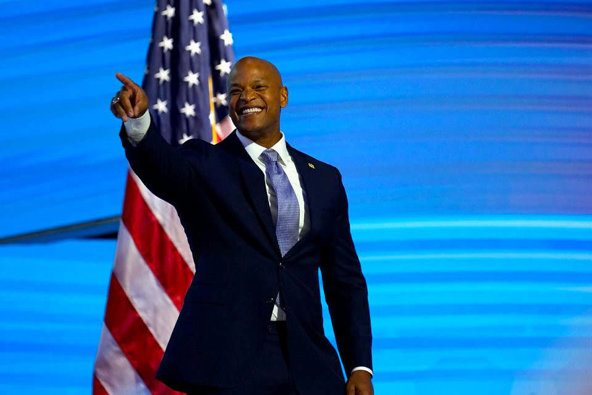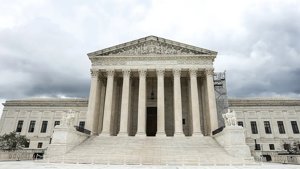
Moore Vetoes Maryland Reparations Commission
Maryland Governor Wes Moore vetoes a reparations commission bill, urging immediate action over added bureaucracy.
Governor Emphasizes Results Over New Studies
Maryland Governor Wes Moore, the state's first Black governor and a rising Democratic figure, vetoed SB 587 this week, rejecting legislation that would have created a Maryland Reparations Commission. The proposed body was intended to issue recommendations by 2027 on reparative measures for African Americans impacted by slavery and systemic inequality.
The bill, sponsored by Democratic State Senator C. Anthony Muse of Forest Heights, had drawn support from the legislative Black Caucus and was hailed as a meaningful step toward redress. However, Moore, while acknowledging the bill’s intention and praising legislative leadership, expressed concerns over government inefficiency and duplicative commissions.
“Now is not the time for another study,” Moore wrote in his veto message. “Now is the time for continued action that delivers results for the people we serve.”
He referenced other recent state efforts, such as the Maryland Lynching Truth and Reconciliation Commission, to illustrate that prior initiatives are already in motion. Moore emphasized his administration’s ongoing efforts to narrow the racial wealth gap, increase Black homeownership, and eliminate structural disparities across the state.
Democratic Allies Voice Frustration
The veto sparked disappointment from some fellow Democrats. The Maryland Legislative Black Caucus issued a public statement Friday criticizing Moore’s decision, calling it a missed opportunity to lead by example in a national climate increasingly hostile to racial equity initiatives.
“Governor Moore had a chance to show the country and the world that here in Maryland we boldly and courageously recognize our painful history and the urgent need to address it,” the statement read. “Instead, the state’s first Black governor chose to block this historic legislation.”
Moore has made national headlines as a potential contender in the 2028 Democratic presidential race. His decision may reflect a broader political calculation, weighing executive action against symbolic gestures as his profile rises on the national stage.
Despite the backlash, Moore reiterated his commitment to preserving African American history and heritage in Maryland. “We have moved in partnership with leaders across the state to uplift Black families and address racial disparities in our communities,” he said. “That is the context in which I've made this difficult decision.”
Historic Context and Political Symbolism
Maryland has a complex legacy with slavery and Civil War history. The state is home to landmarks of Black resistance such as the Harriet Tubman Underground Railroad Byway, but also sites tied to Confederate sympathies, including the escape route of President Lincoln’s assassin, John Wilkes Booth.
The reparations bill’s defeat underscores the continuing debate over how best to address this historical legacy—through commissions and symbolic acts or through immediate policy reforms. With Moore’s decision, Maryland’s approach for now leans toward the latter.






